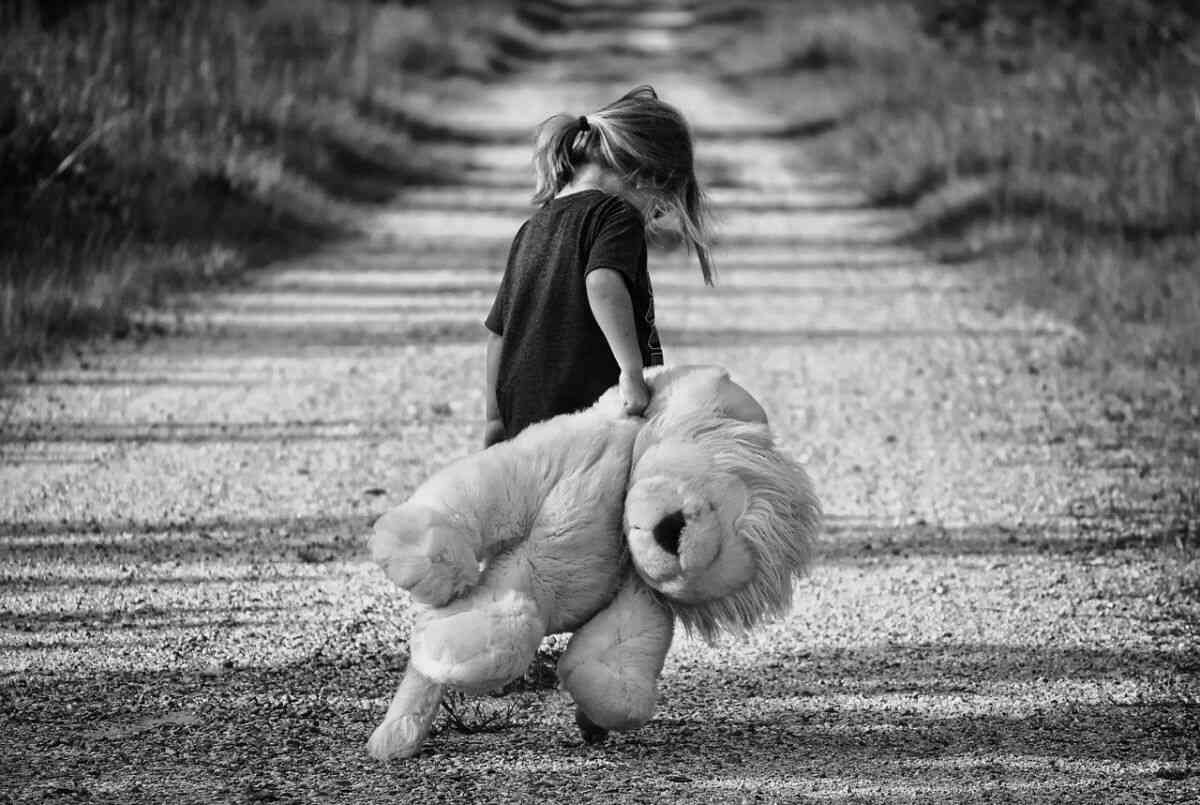Dealing With Loss
- - Category: Psychology
- - 06 Jul, 2021
- - Views: 1.1k
- Save

As adults we may find some ways to deal with and manage all the feelings that are associated with a loss and we grieve
We have all lost something or the other in our lives. Things, jobs, opportunities, people…Even as adults these losses impact us, in various ways. We may still finding ourselves getting emotional while recalling the memory of a lost favourite soft toy, or a best friend who moved away, or passing of someone we knew. Some more serious than others, with longer lasting consequences and impacts. However, each loss is as unique as the person who experiences it. And the magnitude of the loss is as personal to the individual as the loss itself.
As adults we may find some ways to deal with and manage all the feelings that are associated with a loss. We grieve in our own way at our own time. At times, society doesn’t accept some kinds of loss, which makes it more difficult to grieve and deal with them. There are a lot of losses we have experienced that we have failed to constructively work through. The feelings attached to these losses may at times pop up to the surface, and imbalance our well being- until we manage to repress it and push it down again. This cycle goes on for years, while we are kept in the dark of the impact it has on us.
Here are some tasks that one may benefit from accomplishing, while dealing with loss. In this article I address adults. In another article I shall mention how parents or adults can assist children in grieving their losses. What I explain below is a result of years of research by various theorists, a culmination of which I exemplify for clarity:
- Firstly, we must learn to accept the reality of the loss. It includes the transition from denial to acknowledging the loss has occured.
- Next, involves processing the pain of grief that the loss has brought. Whatever the magnitude of the loss, the feelings and emotions that come with it must be expressed and worked through. Be it anger, hurt, sadness, loneliness, guilt, shame, blame, emptiness it must be processed. Repressing such feelings leads to nothing good.
- After being able to accept and process the pain, one can proceed to restoring their functioning by ajusting to life without the deceased. Adjustments can be varied and individual. Sense of self, roles, schedules, passtimes, spiritual practices may all require some readjustment.
- Finally, readjustment doesn’t mean we have to leave the person behind. What can be extremely helpful is finding an enduring connection with the lost one while embarking on a new life. Taking everything you have learned from the person, the good times and anything you want to remember, into your new life with you.
What is important is to be able to find meaning in that loss by making sense of it. Please remember that grief is a process which takes time… Give yourself and your loved ones time and space to heal while being supportive or asking for support. However, if you find yourself very affected by a loss or by grief and are unable to manage it, or it is interfering with your functioning, do not hesitate to ask for help. Reach out to a Counsellor or Therapist of your choice and comfort.



